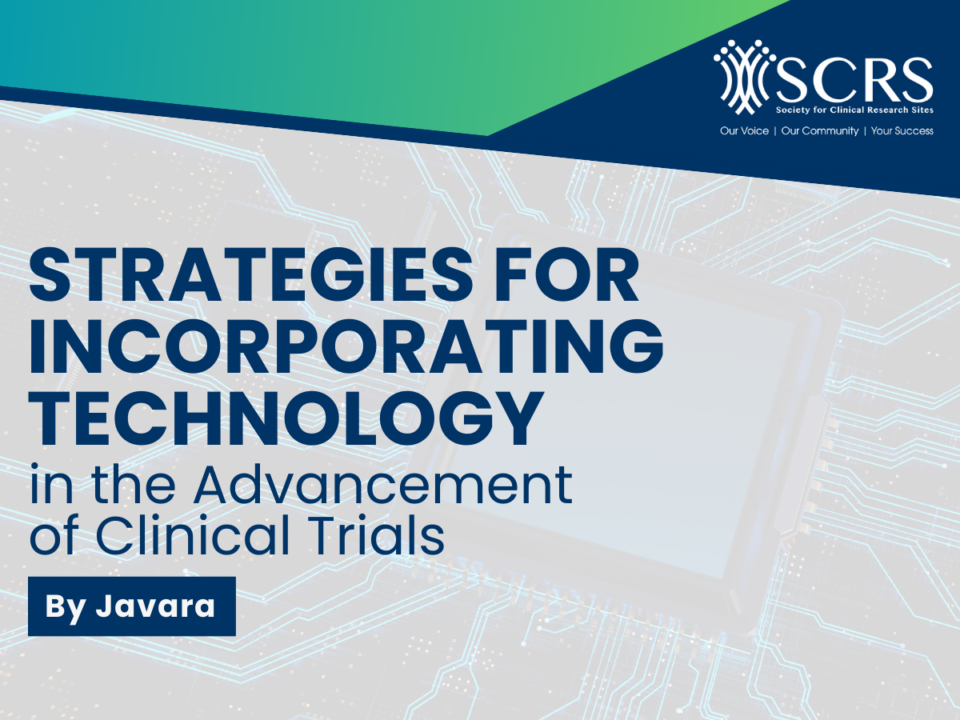April 21, 2025
Dr. Benjamin Marcum shares how partnering with an integrated research organization (IRO) transformed his small-town Texas clinic into a thriving clinical research site. With embedded staff and seamless support from Javara, Dr. Marcum has now led 18 trials—all while continuing his regular clinical responsibilities. Learn how this model brings new patients, reduces overhead, and keeps physicians connected to the cutting edge of medicine.









